Photo by Glenn Parker
Each spring and fall since 1981, when Janice Lane Hunt ’52 brought together a handful of Wellesley College Alumnae of Boston members to inaugurate a book and author series, town-gown audiences have gathered on Wellesley’s campus to hear three current writers impart nuggets of personal insight. Through the Authors on Stage program, 249 presenting authors—biographers, memoirists, cookbook gurus, essayists, journalists, novelists, and poets—have discussed the genesis of their work while engaging in repartee with audience members and the moderator, Julia Hunt Zylstra ’80. In the process, the presenters have modeled life lessons worthy of emulation and internalization.
Andrew Forsthoefel, author of Walking to Listen, for example, shared his experience of walking 4,000 miles across the United States in an attempt to hear a cross-section of unique stories. Stopping in churches, bars, and gas stations, and on front lawns, he used his ever-improving listening skills to gain the confidence of strangers. He came to appreciate the role listening plays in fostering understanding, trust, and respect in an egocentric age—a message that left an impression with his Authors on Stage audience. Similarly, Robert Goolrick’s statement, “Goodness is all that we will be remembered for,” in castigating the duplicitous mail-order bride in his novel A Reliable Wife, has endured with attendees.
Memoirist Da Chen noted what inspired Sounds of the River, his charming story of provincial life in 1970s China. “I wrote in order to be a good son,” he told the audience. “My parents gave me love, and I, by writing about them, gave them immortality.” It was surely a commentary on the importance of filial duty.
Newbery Medalist Susan Cooper, through her Christmas Revels poem (and children’s book) The Shortest Day, uplifted listeners by reminding them that the darkest hours give rise to the light.
Other tidbits of advice gleaned from the authors included:
- Try the unexpected: Valerie Martin, author of Salvation: Scenes from the Life of St. Francis, did exactly that when she wrote her biography chronologically backwards!
- Conserve and recycle: Pulitzer Prize winner Megan Marshall, whose biography The Peabody Sisters involved reading thousands of letters, disclosed that many of them were cross-written to save on postage and paper: “The sisters filled an entire sheet with writing, then turned it 90 degrees and wrote back across their own handwriting!”
- Meet tribulation head-on: Reeve Lindbergh, daughter of aviator Charles Lindbergh, revealed that as an adult she learned of seven half-siblings living throughout Europe as a result of her father’s double life. She overcame her anger by journeying to meet each one face-to-face—a decision resulting in some lasting relationships.
It is these kinds of literary lessons that have kept Authors on Stage audiences packing the house for four decades.

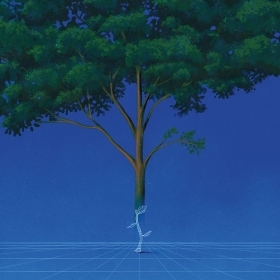
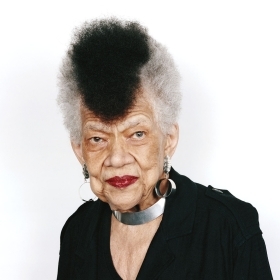
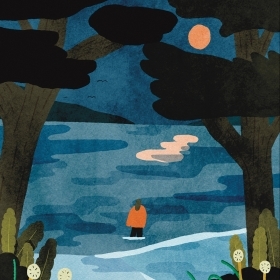
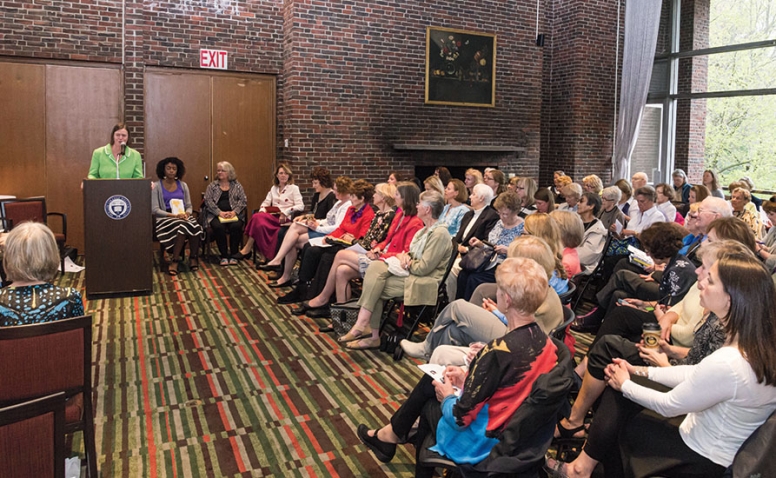
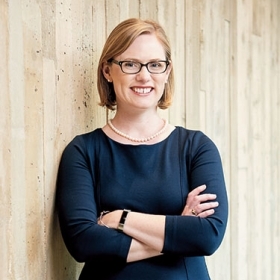


We ask that those who engage in Wellesley magazine's online community act with honesty, integrity, and respect. (Remember the honor code, alums?) We reserve the right to remove comments by impersonators or comments that are not civil and relevant to the subject at hand. By posting here, you are permitting Wellesley magazine to edit and republish your comment in all media. Please remember that all posts are public.